One of the oddest intellectual trends of recent years has been the abandonment of economic determinism by writers on the left and its adoption by some writers on the right. The notion that all important human affairs are controlled by economic relations is a key element of Marx’s theories, yet the most influential leftist writers of today commonly operate in...
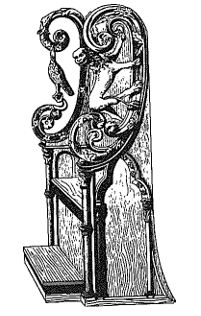
A Flounder and the Shark
Vladimir Bukovsky remarked that without a guide through the “labyrinths of the Soviet soul,” studies of socialism “are simply useless—or worse, they make the subject even more obscure. “ Were it not for the fact that Adam Ulam has been interpreting the Soviet Union since long before Bukovsky made his comment, one could suspect that Ulam wrote Dangerous Relations to...
One Way Out
So too it may be useful to write a novel about the end of the world. Perhaps it is only through the conjuring up of catastrophe, the destruction of all Exxon signs, and the sprouting of vines in the church pews, that the novelist can make vicarious use of catastrophe in order that he and his readers may come...
Self-Indulgence Made Simple
This starry-eyed reappraisal of two unhappy decades in our nation’s history serves as a sobering reminder that “the revolt of the masses” is far from over. Its author, deaf to any appeal to duty or civility, is an unabashed apologist for “postdeprivational,” appetitive, man. Indeed, insofar as I am able to tell, there is almost no conceivable indulgence, no selfish...
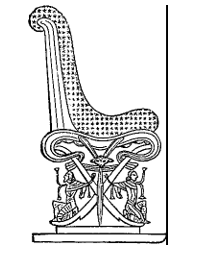
Writing Poetry & Striking Poses
”When he wriggles,” Ambrose Bierce once wrote of the politician, “he mistakes the agitation of his tail for the trembling of the edifice.” Bierce might well have said the same about modem writers who cannot distinguish between propaganda and art or between political sermons and poetry. Within the last year college bulletin boards and newspapers have been flyspecked with announcements...
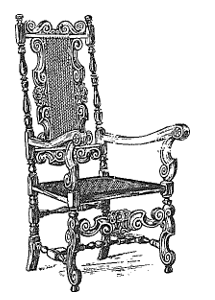
Dark Contract
Matthew Bruccoli is, perhaps, the leading biographer of modern American novelists. With this book he scores something of a triple, as it appeared soon after his acclaimed lives of Fitzgerald and O’Hara. Like his other works, it is exceptionally well-produced. It is a handsome book, with a full apparatus of notes and documents. There is a difference between biography plain...
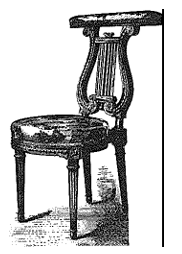
A Man Among Mice
Lady Lytton probably summed up the aura of Winston Churchill most effectively when she said, “The first time you meet Winston you see all his faults and the rest of your life you spend in discovering his virtues.” Those who have chronicled Churchill’s life have been liberal about providing a compendium of his faults. Churchill was, after all, an albatross...
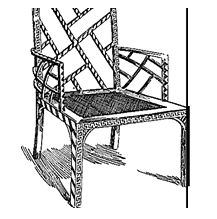
Open—Or Empty?
In the work of Professor Germino’s prime mentor, Eric Voegelin, and that of Hannah Arendt, the subject of Professor Young-Bruehl’s biography, we have the head and the heart of a theory of man that understands politics as phenomenality, as self-disclosure in a space of appearances, originating in the “experiential locus of humanity.” This locus is a problematic “Between” in which,...

Faltering Christian Soldiers
Eerdmans justly enjoys a reputation as one of America’s leading Christian publishers; however, as modern Christianity itself becomes increasingly fragmented and secularized, publishing books that try to represent the whole of it, as these two volumes do, becomes increasingly problematic. Though the United States has never been united by a single communion or creed, until quite recently it did enjoy...
At the Abyss
Although a world safe from nuclear destruction is an ideal that all civilized people should pray for, as a practical matter, it is an impossibility. Nuclear weapons exist and will continue to do so until the time that (a) they have been used and so only rubble remains or (b) they have been replaced by more potent forces. This is...
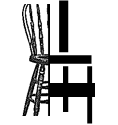
Conservative Imagination
Benjamin Disraeli and John Henry Cardinal Newman are credited with bringing intriguing imponderables into the syndrome of conservative philosophies. Theirs was, in Russell Kirk’s phrase, “conservatism of imagination,” a rather vague category of cognition and judgment. In fact, Disraeli’s historical image is deceptively coherent, definable, even simple: he’s perceived as an astute statesman, dedicated to achieving goals of a political...

“Social Register”
With a sense of sweet justice muted only by the most basic human considerations, we read of one event in New York’s end-of-summer season: the mugging of two prominent socialites, big stars on the Manhattan lib jet-set firmament, both shining lights of Vogue and WWD. The deliciously exciting romp took place in the East End-Carl Schurz Park area, one of...
Jorge Luis Borges
Jorge Luis Borges is anything but easy to accept, absorb, comprehend, and emotionally embrace. It’s not that his poems, short stories, and essays are all hard to read, for some of them have the lucidity and pure tone of a crystal form seen and struck. Others are admittedly trying, especially for those not cognizant of Argentinian history, versed in Anglo-Saxon,...
James Burnham
Few 20th-century writers have moved so dramatically from the left to the right as James Burnham, and fewer still have articulated so clearly the moral and cultural validity of such a shift. Born in Chicago in 1905 and educated at Princeton and Balliol, Burnham began a 26-year career as a teacher and professor of philosophy at New York University in...
Time’s Precision
Time’s shining light in the domain of publicistics, Mr. Hugh Sidey, instructs Ronald Reagan on why and how we should be cautious and measured in flexing America’s military muscle: Twice in the past four decades we miscalculated, and we had war in Korea and Viet Nam. What did we “miscalculate” in Korea? On June 25, 1950, with no prior indications...
Epistemological Chutzpah
One Lawrence Barrett– Time magazine’s senior editor who blew the whistle on Carter’s purloined briefing papers in his book on Reagan and whom Parade, the lowbrow Sunday gossip magazine, calls “distinguished,” “knowledgeable,” and “insightful”–bares his mental acumen for the aforementioned sheet in an interview about the President: [He is] often too rigid for his own good and the country’s good...
Fideism
In The Nation, whose basic reigning philosophy is–to the best of our knowledge–rigid dialectical materialism, we find a fine example of how smoothly this allegedly scientific and empirical ideology turns into mystical fideism. One Sidney Lens, an intrepid apologist for any Sovietized thing on earth, writes: Cubans have the highest standard of living in Latin America, with the possible exception...
Missives About Man
Today we hear a great deal about culture. To judge from what we read, it can be almost anything and can be unearthed almost anywhere. There are, for example, physical, pop, ethnic, religious, aesthetic, academic, folk, popular, teenage, European, Latin, Asiatic, and American cultures–to name just a few. Various forms of it can be spotted on Carnaby Street in London,...

Comment
History, in the end, remembers a society more by its culture than by its politics. If a modern American knows little about the dramatists and poets and sculptors of ancient Greece or Rome, he knows even less about their political leaders. The point is well put in an anecdote told in the Soviet Union: a century hence a Russian schoolchild...
Sighting Sylphs and Stalking Sense
One of the primary functions of literary criticism is to impose a certain order on the subject, the text. In a very basic sense, it can be thought of as a set of instructions for the reader of the text, not unlike those packed along with a dishwasher or a swing set. However, there is a significant difference in that...

Speculations on at Tendentious Science
It is a widespread belief that we can learn lessons from reading history. Of course, it is not often said what it is that we can learn, and historians are divided as to what the lessons of history really are. The opinion of most seems to be that we should read history in order to observe its ironies. That is, no general patterns, no indication...
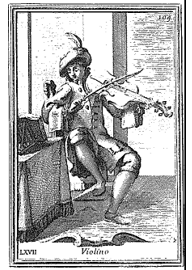
Of Communists and Marxists
Maurice Isserman is one of the more resilient members of the radical generation that came of age during the 1960’s. Although his apocalyptic ambitions were frustrated, he refused to succumb to gloom, setting out instead in search of a “tradition that could serve as both a source of political reference and an inspiration in what now was clearly to be...
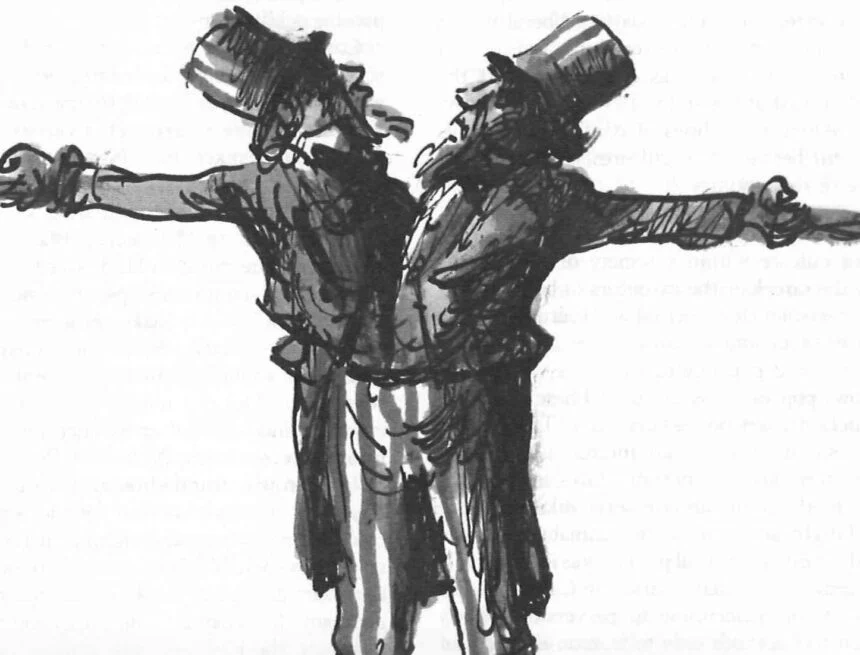
Two Cultures
Four decades before Hillary Clinton coined the term “Deplorables,” Chronicles predicted how the battle lines in the culture war would be drawn.
Making a Morass of Metaphysics
Most people know nothing about metaphysics and wish to know less. The case is not that they do not actually govern their lives in harmony with a set of metaphysical principles, for that is simply not an option. As Aldous Huxley perceived: “It is impossible to live without a metaphysic. The choice that is given is not between some kind...

Solzhenitsyn and Democracy
The name of Aleksandr Solzhenitsyn has fallen on hard times. My many public lectures on this author convince me that his sympathetic admirers are legion, but even these admirers are troubled that the press commentary on him seems to be fairly consistently negative. While almost all of his Western critics allow that Solzhenitsyn is a majestic presence on today’s generally...

Comment
Hillman writes of “the governance of the gods.” It is morenreasonable to assume that both men are attracted to the Buddhistnconcept, according to which there is no self, only a flux ofnsensations cut up into discrete and illusionary consciousnesses.nThis view was shared by philosophers from Heraclitus to Nietzsche,nand it has had decisive influence on devotees of Orientalnwisdom. Jung discovered this...
Church +/- State (Part 1)
Church ± StatenA DIALOGUEnThe Naked Public Square: Religion and Democracy in AmericanRichard John Neuhaus: The NakednPublic Square: Religion andnDemocracy in America; Wm. B.nEerdmans; Grand Rapids, MI.nJames Hitchcock is professor of historynat St. Louis University. His latestnbook is The Pope and the Jesuits,npublished by the National Committeenof Catholic Laymen.nGeorge M. Marsden is professor ofnhistory at Calvin College and editornof EvangeHsm in...
Confluences – From Boring to Bootless
One of the best things about most of America’s past Presidential elections is that they have really decided so little. A remarkably centrist cultural and social consensus has dictated that, despite all of the vehement campaign rhetoric, both major parties have usually agreed on a wide range of fundamental issues. This national consensus has often made for dull elections, as...
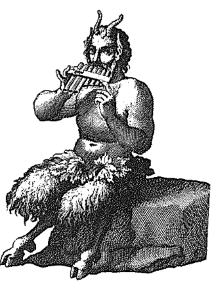
Screen
Goodbye, Peter Pan The Big Chill; Directed by Lawrence Kasdan It is unique in that it has something for virtually everyone to hate. Consider the characters, all eight. They are the types of people that our parents warned us about in the late 60’s and early 70’s: not the drug pushers who lurked behind bushes, as they had been identified...
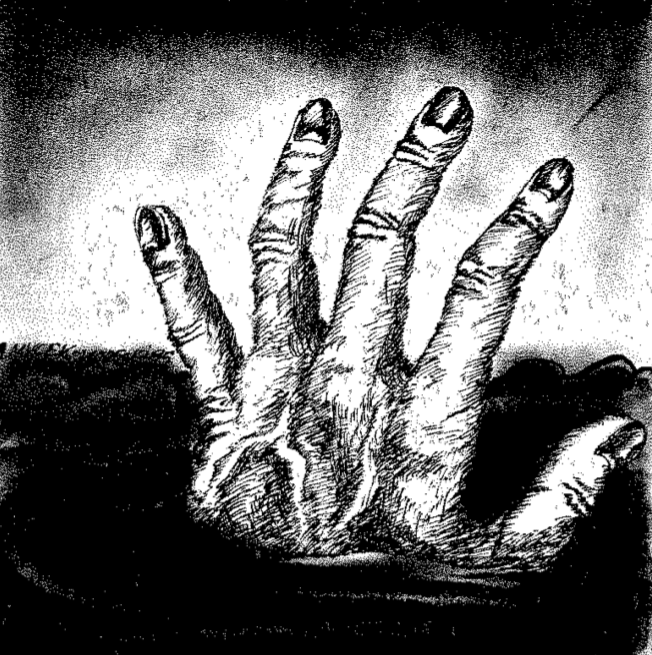
Russia’s Bloody Gold
‘Lasciate ogni speranza” -Inferno, by Dante Alighieri The history of gold mining in Russia—a record of the greatest abuses of human rights ever perpetrated—has seldom been told. The use of slave labor in state-owned Russian mines goes back to the 19th century, when Lithuanian, Polish, and Ukrainian patriots who rebelled against Russian occupation were put to work mining gold while...

